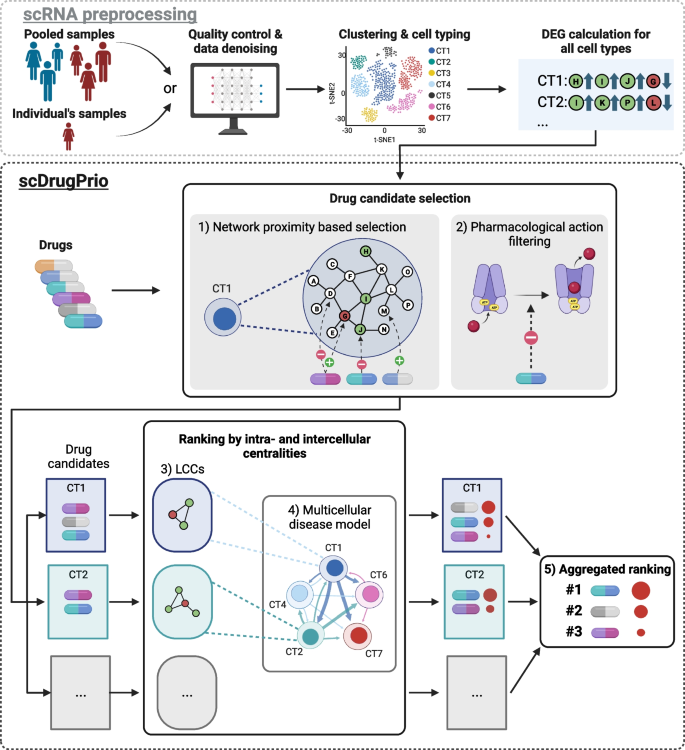2024-03-20 ミュンヘン大学(LMU)
<関連情報>
- https://www.lmu.de/en/newsroom/news-overview/news/natural-recycling-at-the-origin-of-life.html
- https://pubs.acs.org/doi/10.1021/jacs.3c10813
2′,3′-環状リン酸ライゲーションによる高忠実度RNAコピー High-Fidelity RNA Copying via 2′,3′-Cyclic Phosphate Ligation
Adriana Calaça Serrão, Sreekar Wunnava, Avinash V. Dass, Lennard Ufer, Philipp Schwintek, Christof B. Mast, and Dieter Braun
Journal of the American Chemical Society Published:March 19, 2024
DOI:https://doi.org/10.1021/jacs.3c10813
Abstract

Templated ligation offers an efficient approach to replicate long strands in an RNA world. The 2′,3′-cyclic phosphate (>P) is a prebiotically available activation that also forms during RNA hydrolysis. Using gel electrophoresis and high-performance liquid chromatography, we found that the templated ligation of RNA with >P proceeds in simple low-salt aqueous solutions with 1 mM MgCl2 under alkaline pH ranging from 9 to 11 and temperatures from -20 to 25 °C. No additional catalysts were required. In contrast to previous reports, we found an increase in the number of canonical linkages to 50%. The reaction proceeds in a sequence-specific manner, with an experimentally determined ligation fidelity of 82% at the 3′ end and 91% at the 5′ end of the ligation site. With splinted oligomers, five ligations created a 96-mer strand, demonstrating a pathway for the ribozyme assembly. Due to the low salt requirements, the ligation conditions will be compatible with strand separation. Templated ligation mediated by 2′,3′-cyclic phosphate in alkaline conditions therefore offers a performant replication and elongation reaction for RNA on early Earth.

